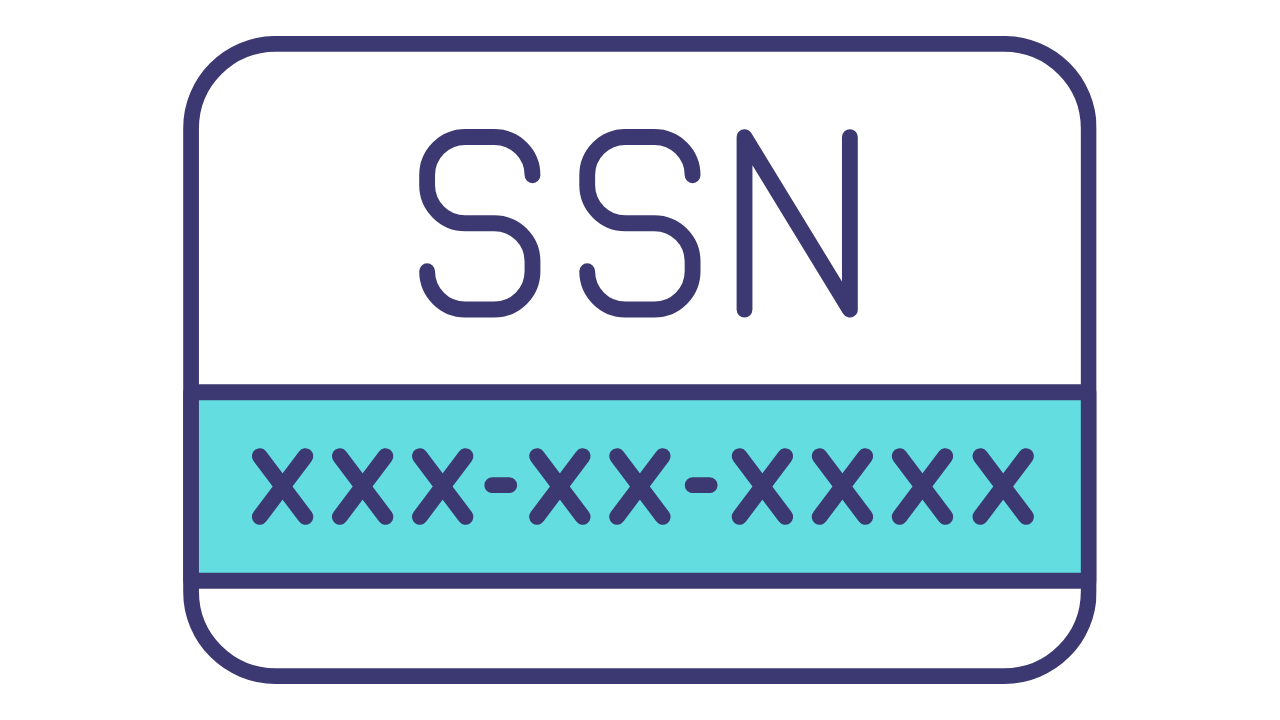In today’s competitive job market, employers are increasingly turning to the employment background check process to ensure they are making informed hiring decisions. This process not only helps organizations protect their interests but also fosters a safe and productive work environment. In this blog, we’ll explore the key components of the employment background check process, its importance, and best practices for both employers and candidates.
What is the Employment Background Check Process?
The employment background check process involves verifying various aspects of a candidate’s history to assess their suitability for a role. This typically includes checking educational qualifications, employment history, criminal records, and sometimes credit reports. The goal is to gather pertinent information that helps employers evaluate a candidate’s reliability, integrity, and overall fit for the position.
Why is the Background Check Process Important?
- Ensuring Safety: One of the primary reasons for conducting background checks is to ensure the safety of existing employees and clients. Verifying criminal records helps organizations avoid hiring individuals who may pose a risk in the workplace.
- Validating Qualifications: The employment background check process is crucial for confirming that candidates possess the qualifications they claim. This helps prevent fraud and ensures that the most qualified individuals are considered for the position.
- Reducing Turnover: Hiring the right candidate the first time can significantly reduce turnover rates. By thoroughly vetting candidates, organizations can make informed hiring decisions that lead to better employee retention.
- Enhancing Company Reputation: A thorough background check process can also enhance an organization’s reputation. Employers who take the time to ensure they are hiring trustworthy individuals are likely to attract top talent and maintain a positive workplace culture.
Key Steps in the Employment Background Check Process
- Obtaining Consent: Before conducting any background checks, employers must obtain written consent from the candidate. This is not only a legal requirement but also builds trust between the employer and potential employee.
- Collecting Information: Once consent is granted, employers typically collect personal information such as the candidate’s full name, social security number, and date of birth. This information is essential for accurately conducting checks.
- Conducting the Checks: The specific checks conducted can vary depending on the organization and the position being filled. Common checks include:
- Criminal Background Check: This involves searching local, state, and federal databases for any criminal history.
- Employment Verification: Employers contact previous employers to confirm job titles, dates of employment, and reasons for leaving.
- Education Verification: Organizations may contact educational institutions to verify degrees and certifications.
- Credit Checks: For positions involving financial responsibilities, employers may review a candidate’s credit history, though this must comply with legal regulations.
- Reviewing the Results: Once the checks are complete, employers review the findings. It’s essential to consider the context of any negative information, such as the time elapsed since an incident or evidence of rehabilitation.
- Making a Decision: After reviewing the background check results, employers make a hiring decision. If a candidate is disqualified based on the findings, they must follow legal protocols, including providing the candidate with a copy of the report and informing them of their rights.
Best Practices for Employers
- Stay Compliant: Familiarize yourself with federal and state laws regarding background checks. The Fair Credit Reporting Act (FCRA) outlines important regulations that employers must follow.
- Be Transparent: Clearly communicate the background check process to candidates. Transparency helps build trust and can lead to a better candidate experience.
- Focus on Relevance: Only conduct checks relevant to the job position. For example, a driving record may be necessary for a delivery position but irrelevant for a desk job.
Conclusion
The employment background check process is a crucial step in hiring. By understanding its components and importance, both employers and candidates can navigate it more effectively. For employers, a thorough and fair background check can lead to better hiring decisions, while candidates can prepare themselves to present their qualifications transparently. As hiring practices continue to evolve, staying informed about the background check process will remain essential for success in the job market.




